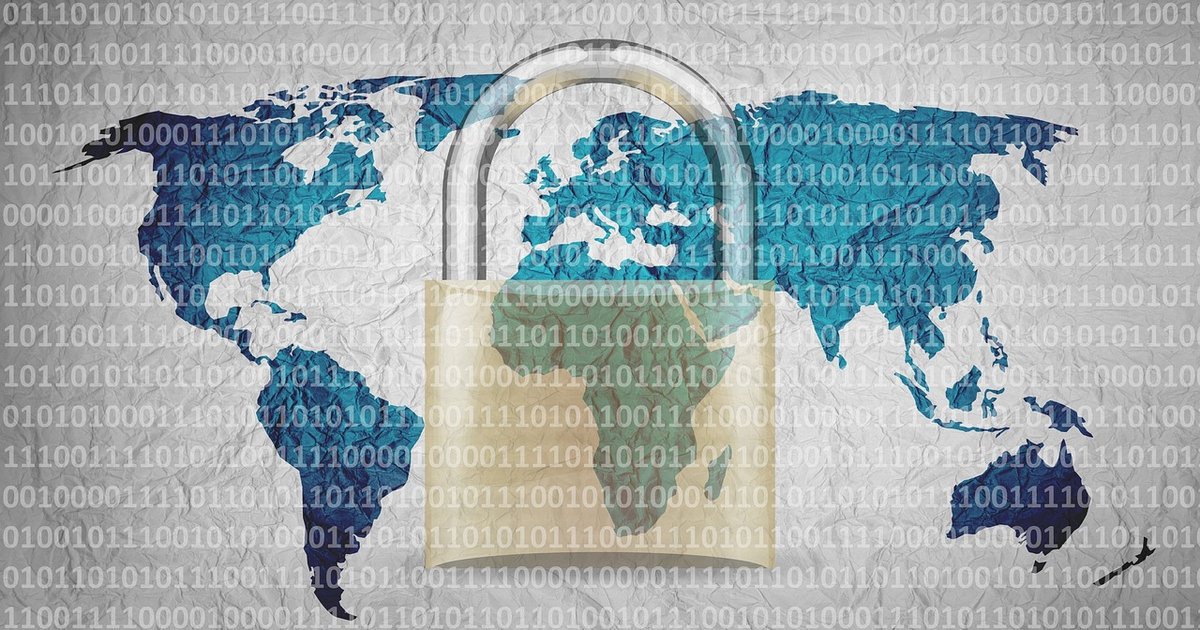In virtual landscape, the value of effective cybersecurity is paramount. With cyber threats developing at an record pace, businesses must emphasize the identification of a reliable cybersecurity partner. This decision is not just about choosing a service provider; it involves finding a top-tier cybersecurity company that comprehendss your particular needs and can effectively secure your important data and assets. The right partner can be your first line of defense against threats, ensuring that your organization remains resilient in the midst of ever-evolving threats.
In the matter of picking a cybersecurity firm, there are several key evaluation criteria that should shape your decisions. From critical traits such as expertise and credentials to the ability to provide tailored solutions, it is important to have a thoroughly understanding of what makes a cybersecurity provider distinguished. In this article, we will investigate the important qualities to look for, important questions to ask, and warning signs to avoid, helping you steer through the intricate landscape of cybersecurity services and select a partner you can trust.

Key Evaluation Criteria for Cybersecurity Defense Providers
When evaluating cyber security companies, one of the most vital considerations to note is their proficiency and track record in the field. Look for providers who have a demonstrated record of effectively addressing security risks and establishing strong security measures for businesses similar to yours. It’s essential to seek information about their past clients and case studies that show their ability to tackle diverse cybersecurity challenges. Knowledge in your specific field can also be helpful, as it indicates an understanding of the distinct threats and compliance needs you may deal with.
Certifications and collaborations play a major role in determining a cybersecurity firm's credibility. Ensure that Cybersecurity Consultants holds applicable certifications, such as ISO 27001, CISSP, or CISM, which legitimize their conformance to field standards and best practices. Respected partnerships with top technology providers, like Microsoft or Cisco, can further show their technical capabilities and access to cutting-edge security tools. This feature is crucial when picking a cybersecurity partner, as it reflects their dedication to constant education and the use of innovative technologies in their solutions.
Lastly, it is vital to assess the scope and comprehensiveness of services offered by the cybersecurity provider. A reputable firm should offer a complete suite of offerings encompassing threat detection, incident response, risk assessment, and compliance management. Furthermore, it's helpful to ask about their method to continuous support and training for your staff. Effective cybersecurity is not only about technology but also about promoting a safety-minded culture within your company. A company who prioritizes client education and forward-thinking long-term strategies will stand out as a dependable partner in your cybersecurity journey.
Essential Traits of a High-Quality Cybersecurity Partner
While searching for a high-quality cybersecurity partner, industry experience is paramount. A provider that has a proven track record in your specific sector will comprehend the unique challenges you face and the regulatory requirements you must comply with. Their familiarity with typical threats and vulnerabilities in your sector prepares them to provide tailored solutions. This experience also reflects their ability to adapt to changing cyber threats, ensuring that your defenses are resilient and current.
Accreditations and credentials serve as indicators of a cybersecurity firm's skill and commitment to high standards. Look for Cybersecurity Consultants with recognized certifications such as ISO 27001. These qualifications highlight their commitment to maintaining high standards in cybersecurity management and efficiency. Additionally, ongoing training and education in the form of industry seminars or workshops demonstrate their involvement with the latest technologies and threat landscapes, further ensuring your business is in capable hands.
Ultimately, a top-tier cybersecurity partner should emphasize communication and transparency. Effective interaction encourages a collaborative relationship, allowing for better alignment on objectives and strategic initiatives. A partner that offers regular updates, detailed reporting, and straightforward explanations of technological aspects will ensure that your team stays informed and engaged in cybersecurity efforts. Transparency in operations, including the disclosure of threat intelligence and incident response protocols, builds trust and ensures that you can make informed decisions about your cybersecurity strategy.
Caution Indicators to Be Aware Of When Selecting
When assessing potential cybersecurity firms, one of the most important aspects is their manner of communicating. If a service provider is nonresponsive or slow to answer questions, it may indicate a shortcoming in professionalism or capability. Pay close attention to how they explain their services; if they lean on jargon without confirming you grasp the ideas, it might indicate they are more focused on profit than on your necessities. Clear and open communication is essential for establishing trust and guaranteeing a fruitful partnership.
Another critical red flag is the lack of valid industry credentials or verifiable credentials. A top-tier cybersecurity provider should possess relevant certifications such as CISSP. If they fail to validate their background or history within your notable industry, it may be a red flag that they lack the knowledge necessary to secure your company effectively. Always demand and check the qualifications of any potential cybersecurity partner.
Lastly, if a company neglects the necessity of continuous support and incident response planning, that's a major red flag. Cyber risks evolve, and a dependable provider should stress the requirement for continuous monitoring and responsive strategies. They should also have a well-defined incident response plan in place. Not prioritizing to consider these factors might imply that they are not completely dedicated to your long-term cybersecurity needs.
